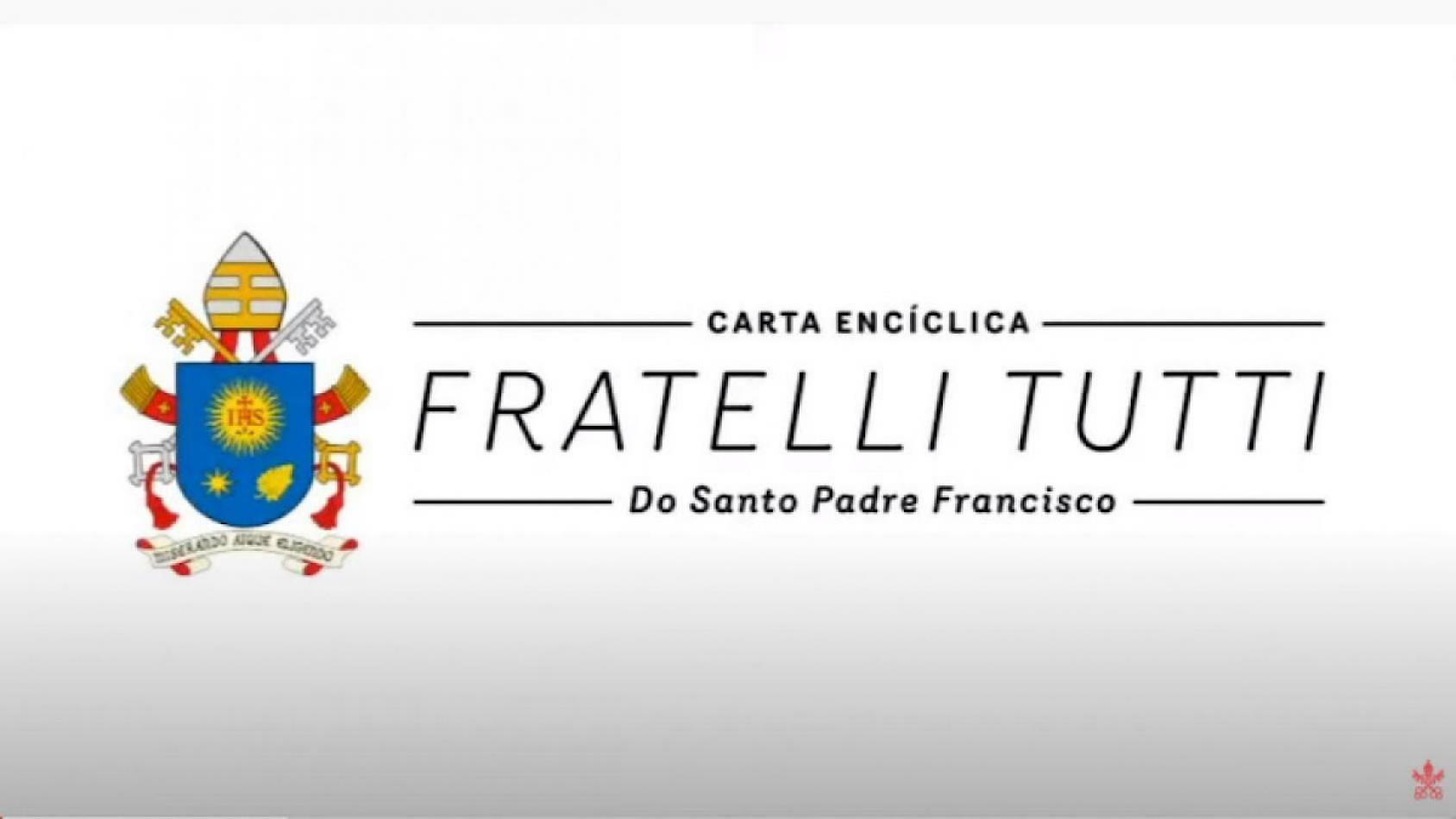Daniel Comboni
Comboni Missionaries
Institutional area
Other links
Newsletter
Monday, February 21, 2022
The development of a global community of fraternity based on the practice of social friendship on the part of peoples and nations calls for a better kind of politics, one truly at the service of the common good. Sadly, politics today often takes forms that hinder progress towards a different world, like for instance populism and liberalism.
Populism attracts support by fomenting the selfish inclinations of certain sectors of the population for political exploitation. The immediate interest is sought instead of creating the conditions for the development of people through their efforts and creativity, and enabling a dignified life through work. Work is an indispensable dimension of social life, because it is not only a way of supporting oneself, but also a means of personal growth, establishing healthy relationships, expressing oneself, sharing gifts, and feeling co-responsible for improving the world. All this should be seen from the perspective of living as a people, reaching common goals, beyond differences, to implement together a shared project, that is, a collective dream.
Liberal visions, on the other hand, reduce society to a sum of individuals driven by their own interests, without the root of a common narrative. Moreover, neo-liberal economic and financial mechanisms, which are responsible for growing inequalities, are unable to correct the inequality of the system. Politics, understood as the promotion of the common good and participation in building a sustainable and fraternal world, must return to governing the economy and finance. This requires a reform of the UN and the international economic and financial architecture with a view to the global common good, the eradication of hunger and misery and the defence of fundamental human rights.
In addition, social, political and economic participation according to the principle of subsidiarity, inseparable from the principle of solidarity, is also crucial so that every human being and people can become the agents of their own destiny. In particular, Pope Francis insists on the importance of including people’s movements, formed by the excluded, relegated to the informal sector in terms of work, housing and access to land. Pope Francis defines them as ‘social poets’, as sowers of change, promoters of a process in which millions of small and large daily actions converge, linked in a creative way, as in a poem (FT 169). With them, it will be possible to go beyond the idea of social policies for the poor, to policies of and with the poor, in a project that unites peoples. Indeed, love is expressed not only in intimate and close relationships, but also in macro-relationships: social, economic and political relationships.
Political love is an act of charity aimed at organising and structuring society so that one’s neighbour does not find himself in misery. This charity, the heart of the spirit of politics, is always a preferential love for the least. The scandal of poverty cannot be tackled by promoting containment strategies that only appease and turn the poor into domesticated and inoffensive beings.
Finally, Pope Francis outlines the vocation of the politician. Firstly, it is about caring for the fragility of peoples and persons. The greatest concern should be to find an effective solution to the phenomenon of social and economic exclusion, with its sad consequences of trafficking in human beings, trade in human organs and tissues, sexual exploitation of children, slave labour, including prostitution, trafficking in drugs and arms, terrorism and international organised crime. Then, those who are called to govern are called to make sacrifices that make it possible to meet and to seek convergence on at least some issues, listening to the point of view of others and allowing everyone to have their own space. It is a question of encouraging the creation of that beautiful ‘polyhedron’ where everyone has a place and contributes to the common good.
While carrying out this tireless activity, every politician is still a human being and expresses his humanity by loving tenderly, that is, by love that becomes close and concrete. In the midst of political activity, the smallest, the weakest, the poorest have the right to move us, to take our hearts and souls. It is not always a question of achieving great results, which sometimes are not possible. The great goals dreamed of by strategies are only partially achieved. But those who love and have ceased to understand politics as a mere quest for power have the security that none of their loving work is lost. All this circulates through the world like a life force. The important thing is to initiate processes whose fruits will be harvested by others, with the hope placed in the secret power of the good that is sown. Good politics combines love with hope, trust in the reserves of goodness that exist in people’s hearts, despite everything.
[combonimission.net]




